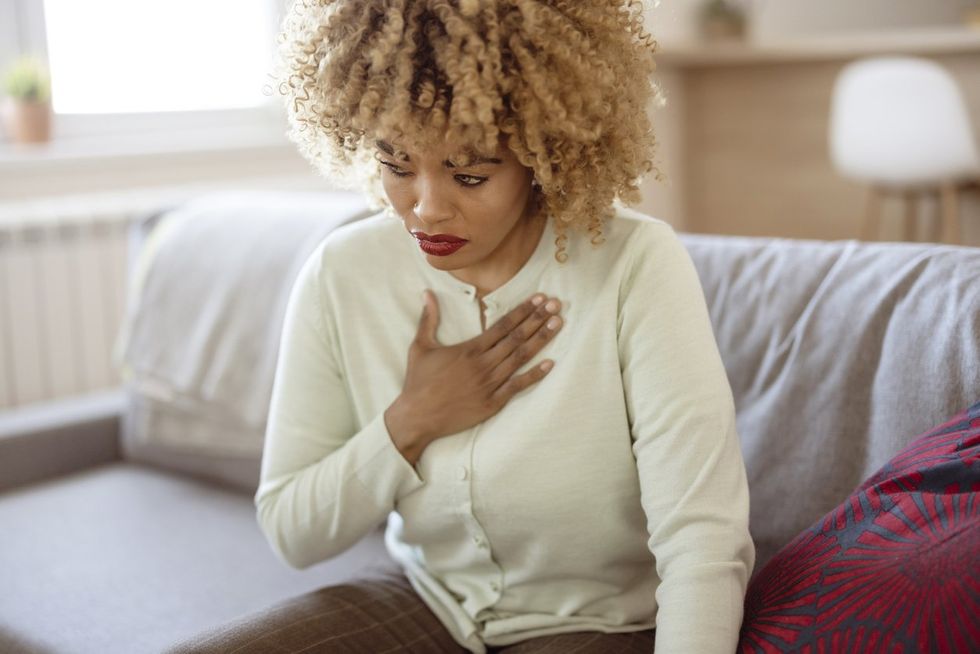

Heart disease is the leading cause of death among women and people assigned female at birth in the United States. This means you may be at risk for serious heart problems, such as a heart attack or heart attack.
You’ve probably heard of these life-threatening conditions, but they are not the same.
Here’s what you need to know about the symptoms and treatment of a heart attack versus cardiac arrest.
What is the difference between a heart attack and cardiac arrest?
During cardiac arrest, the heart stops beating. During a heart attack, the heart continues to beat.
A heart attack is caused by an obstruction (“circulation problem”) and cardiac arrest is caused by an abnormal heart rhythm (“electrical problem”).
- A heart attack occurs when blood flow to the heart is blocked and the heart does not have oxygen to function properly.
- Cardiac arrest occurs when the heart suddenly stops beating and pumping blood to the rest of the body. This is caused by an abnormal heart rhythm in the lower chambers of the heart and can be fatal within minutes without medical attention.
What are the symptoms of a heart attack in women?
The symptoms of heart attacks are different in women than in men. The most common symptom for both is chest pain, but women often have symptoms that you don’t immediately think about.
Other symptoms include:
- extreme fatigue
- Difficulty breathing
- Pain and/or discomfort in the neck or jaw.
- Pain and/or discomfort in one or both arms.
- Back pain in the upper back or abdomen.
- Daze
- Nausea
- Perspiration
Heart attack symptoms can be mild or severe. You can also have no symptoms and still have a heart attack.
Read: Symptoms of heart attacks in women >>
What are the symptoms of cardiac arrest in women?
Sudden cardiac arrest is much like what it sounds like: a life-threatening cardiac event that occurs without warning.
But you may also have signs and symptoms of cardiac arrest. These may include:
- Loss of consciousness
- Dizziness
- Daze
- heart palpitations
- Difficulty breathing
- Vomiting or nausea
- Chest pain
A common symptom of cardiac arrest is loss of consciousness because the heart is no longer pumping blood to the rest of the body. So if you see someone fall to the ground, it could be cardiac arrest.
If you think someone is having cardiac arrest, call 911 and start cardiopulmonary resuscitation (CPR) immediately. If you have a defibrillator available, use it as soon as possible to get your heart back into rhythm and let emergency health care providers know they may need one.
Read: Bystander CPR saved my husband’s life >>
Time is key. Someone who goes into cardiac arrest can die within minutes without CPR or medical attention.
What to do if you or someone else is having a heart attack
If you or someone around you has symptoms of a heart attack, call 911 immediately. Every minute that passes can be fatal and add damage to your heart.
Heart attacks are a risk factor for cardiac arrest, but most heart attacks do not immediately lead to cardiac arrest. Talk to your healthcare provider about your risk for heart disease and what you can do to reduce your risk of heart attacks and cardiac arrest.







